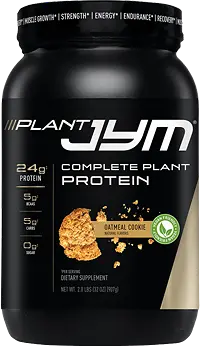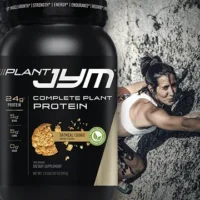Knowledge BaseYou're Questions Answered
Is rice protein powder good for you?
Rice protein powder offers high levels of amino acids in a hypoallergenic form that seldom presents any negative effects. Rice protein also has one of the highest bioavailability values of all plant proteins. While rice protein is not a complete protein as it's lacking in a few essential amino acids, when taken with pea protein powder it offers an excellent protein source that is also relatively low cost. Some may favor soy protein powder as it's a complete protein, however, a blend of rice and pea protein powder offers a preferable source.
Rice protein powder offers several benefits, including:
- Allergen-free: Rice protein powder is free from common allergens such as dairy, soy, and gluten, making it a good option for individuals with food sensitivities.
- Improved muscle growth and repair: Rice protein powder contains all of the essential amino acids needed for muscle growth and repair, making it a good option for athletes and bodybuilders.
- Improved gut health: Rice protein powder is easy to digest and does not cause digestive discomfort, making it a good option for individuals with digestive issues.
- Supports weight management: Rice protein powder can help reduce hunger and promote feelings of fullness, making it a useful supplement for weight loss and weight management.
Compared to other protein powders, such as whey protein, rice protein powder may be a good option for individuals who follow a vegan or plant-based diet. Additionally, rice protein powder may be better tolerated by individuals with digestive issues compared to other protein powders. However, it is important to note that rice protein powder is not as complete a protein source as animal-based protein powders such as whey and may not be as effective in promoting muscle growth and repair on its own.
Related Questions

Your Answer
We are a participant in the Amazon Services LLC Associates Program, an affiliate advertising program designed to provide a means for us to earn fees by linking to Amazon.com and affiliated sites.






